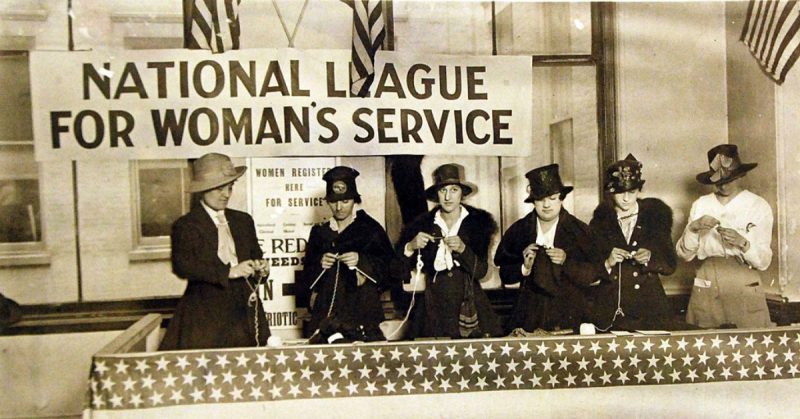In typical British humor, some recruitment efforts freely went tongue in cheek. One recruitment effort declared, “The country is arranging a trip to Germany for a few sportsmen.
The Great War plunged Europe into one of the most devastating wars of the twentieth century. From 1914 to 1918 the empires of the Old World hurled their men into despair and horrendous fates. From these years of brutal conflict rose tales of heroism, depravity, and, as is the case with most conflicts, some very odd situations.
One such oddity occurred in 1915. Three Maori women posted a written advertisement seeking clean-shaven American men with red hair and dashes of yellow on their uniform. The men would go with the three back to their native lands to marry.
While women seeking husbands was nothing new, the specific nature of the ad no doubt raised a few eyebrows among those who read it.
When the Great War started, many Americans found themselves trapped on a continent working to tear itself apart. People from their northern neighbor faced a similar problem.
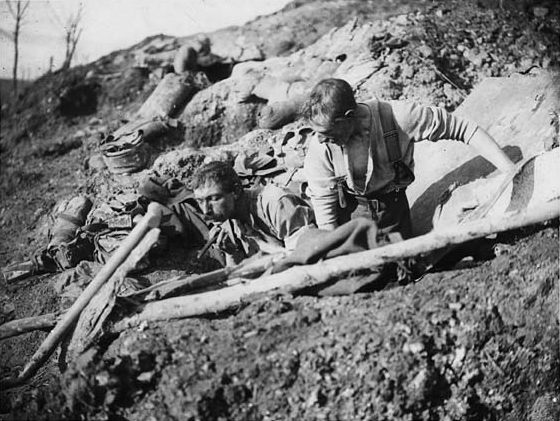
As Canadian soldiers went to Britain’s defense, it was not unheard of for their wives to follow them. Unfortunately, many of the women who arrived in Britain later found themselves stranded. Financial pressure sometimes meant women who paid for a one-way trip had no funds for the return to Canada, as the military would transfer soldiers but not their wives.
Compounding the issue, with the British courts overloaded with immigration cases, some women couldn’t prove their country of origin, keeping them in Canada. Such were the complexities of Britain’s commonwealth system in a time of war.
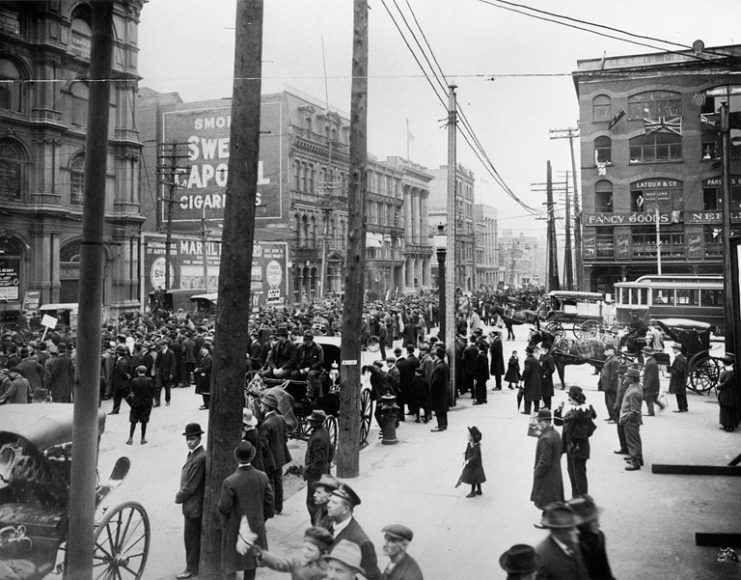
While their women waited for the war to end and their men to return home, soldiers found themselves facing an increasingly terrible war. As the war continued, the various nations increasingly resorted to poison gases to turn the tide of battle.
Several governments accordingly prepared gas training rooms for troops to practice in. Their gas-masked visages as they looked at the room before them were one of many grim visuals of the “war to end all wars.”
Such tactics as poison gas took a bitter toll on the youth of the Old World empires. New troops were increasingly needed to fuel the war machine as the Entente slowly managed to grind down the increasingly isolated Central Powers.
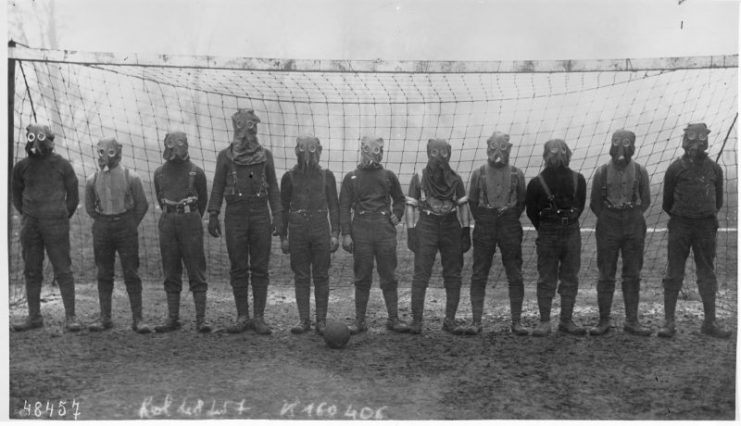
Great Britain in particular had difficulty raising sufficient forces to aid their continental allies. Utilizing an odd but ingenious tactic, recruiters increasingly hired women to ask those who had not enlisted to do so. Young men, fearing accusations of cowardice, more often then not agreed to sign up in the wake of a woman questioning their honor.
In typical British humor, some recruitment efforts freely went tongue in cheek. One recruitment effort declared, “The country is arranging a trip to Germany for a few sportsmen. All expenses and hotel fare paid. Good shooting and hunting. Rifles and ammunition supplied free. Cheap trips up the Rhine. Apply at once as only a limited number (1,000,000) is required.”
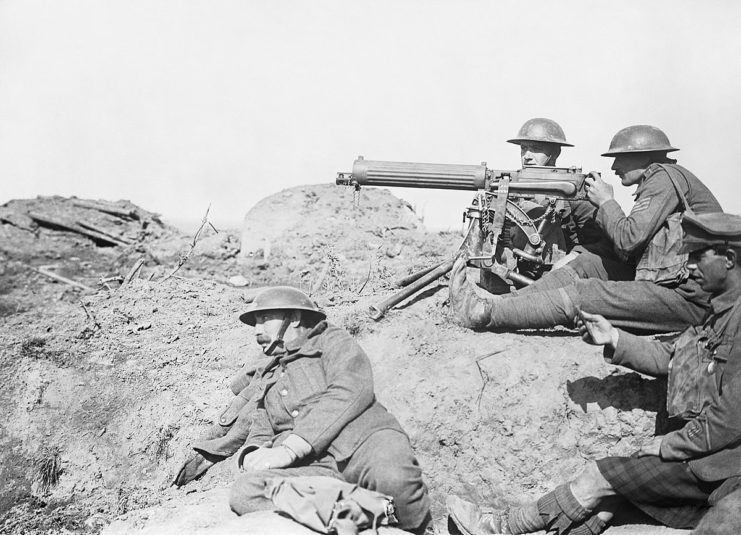
When the Great War descended into trench warfare, it was not uncommon for the lines between the Entente and Central Powers to be within conversation distance. A report from 1915 noted that some Belgians, who were less than 150 feet from the German trenches, engaged in daily banter with the enemy to the point that the Belgian officers forbade further communication with the enemy.
While stuck in the trenches, the men went to various lengths to keep themselves as comfortable as possible. Newspapers loved to report on their ingenious efforts.
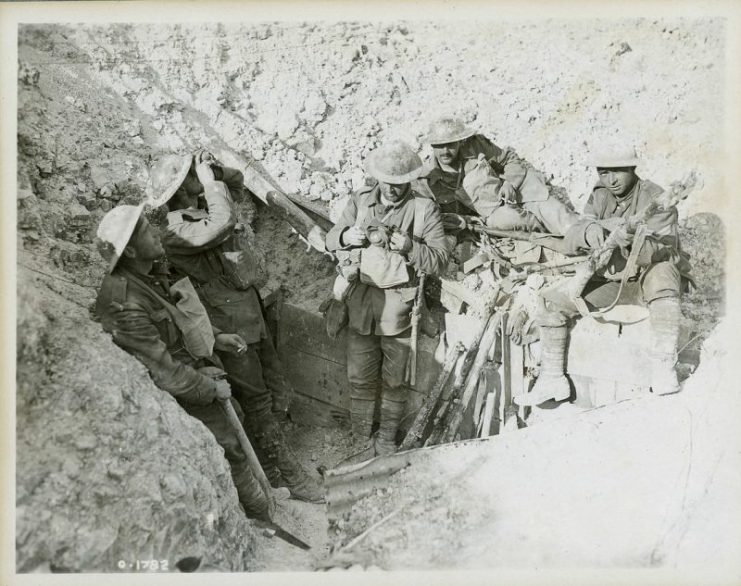
In one instance, British soldiers donned paper outfits to insulate themselves against harsh Belgian winters. Others reported on French sentries donning metal armor to protect themselves from enemy snipers, though the armor limited their eyesight.
Part of the war, as with any war, included propaganda. The Entente forces wrote savagely of the Central Powers, comparing them to the roving Huns who nearly destroyed the Roman Empire.
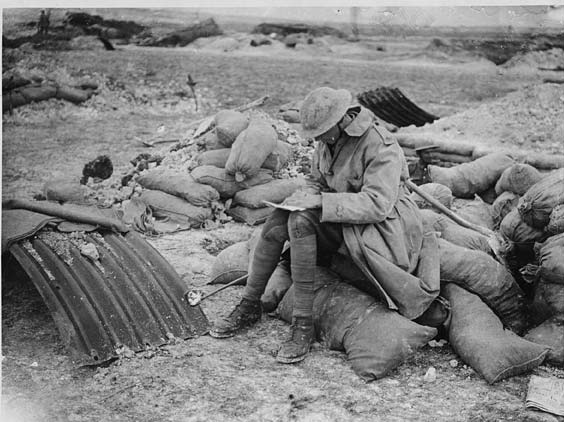
One widely distributed bit of propaganda from 1917 described how the Germans rendered bodies into fertilizer. The articles, describing their efforts in grotesque detail, were of course false. Though the Germans utilized deceased horses for the purpose, no humans were used in the fertilization of German crops.
When the Great War finally ended, like all wars it left many men permanently wounded. As early as 1915, some morbid individuals strived to pair single women with soldiers discharged for missing limbs. Such women were encouraged to “sacrifice their happiness” to marry such men.
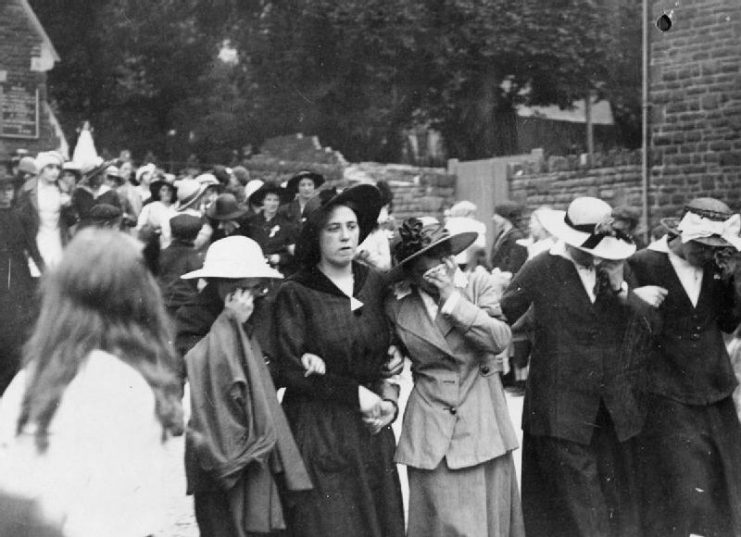
Read another story from us: A Moral Obligation: Photography In WW1
The initiator of the venture, Reverend Houghton, remarked: “A soldier who has been crippled so that he cannot walk needs a strong wife who can carry him or push him about in a roller-chair. A soldier whose health has been wrecked by asphyxiating gas would feel cheered up by a pretty wife. A blinded soldier, on the other hand, would not care so much about the appearance of the wife, but might appreciate a good cook.”
The Great War brought many men to the breaking point and beyond. Stories such as those above only add to the reminders of how truly brutal the war became.
